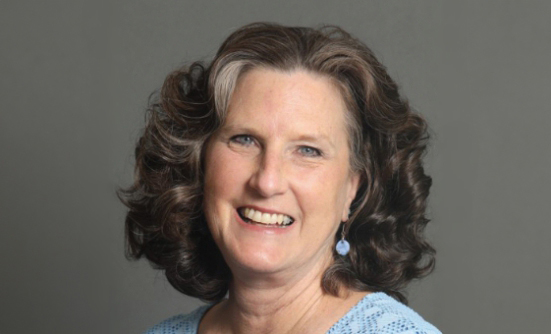You have just been diagnosed with cancer, and one of the first people you meet on your healthcare team is introduced as a navigator. “A what?” you think. “I need doctors, not a GPS!” But overtime, you will realize this person is a great guide.
Because they are positioned inside the healthcare system and know the ins and outs of that world, as well as the community around the system, navigators can be a great resource. According to the dictionary, a navigator is a person who finds out how to get to a place: a person who navigates a ship, an airplane, or a device (such as a computer) that is used to plan or find the route to a place. This is also a concise description of the navigators who work in the oncology healthcare system today.
Navigators can get you to where you need to go, and can describe the route or journey you will be traveling as a patient. Your navigator may have a clinical background, such as a nurse or social worker, or he or she may have health education training, such as a community health worker or lay navigator.
When you look at the tasks (see box, click to enlarge) that many navigators perform, you can realize what questions or concerns you may want to share with them that will help you better navigate your care.
Your navigator is knowledgeable about cancer care, and the cancer care system. Navigators view the healthcare system through the eyes of the patient. They are aware of the treatment you expect to get throughout your care, and the community resources that can support you and your family. Navigators communicate with your healthcare team and collaborate on your behalf to facilitate your best care.
Think of your navigator as a partner who is focused on your personalized, individual care. If navigators do not know an answer, they can direct you to another team member. They have a defined role, and will transition you to other healthcare team members as needed. Be honest with your navigator, so he or she can make appropriate referrals to enhance your care.
One of my favorite quotes comes from an article in Patient Education and Counseling that summed up what patients thought about their experience with navigators: “Having a navigator as someone with personal knowledge of the participant’s overall life situation, while also having direct linkages as an ‘insider’ to the health-care system, helping them through administrative challenges, offering security, comfort, or peace of mind by simply knowing that the navigator was there as a resource, ‘checking in’ with calls or informal visits” [Carroll JK, et al. “Patients’ experiences with navigation for cancer care.” In: Patient Education and Counseling. 2010;80:241-247].
I hope you will embrace the care of a navigator in your cancer journey.
Download and print out this helpful tip sheet, and keep it with you whenever you speak with your navigator:
Patient Resources
The following websites offer additional information on cancer navigators:
- www.aonnonline.org
- www.cancerpatientnavigation.org/resources.html
- www.hpfreemanpni.org/resources/
- https://www.accc-cancer.org/projects/supportive-care-resource-hub/patient-navigation-resources














